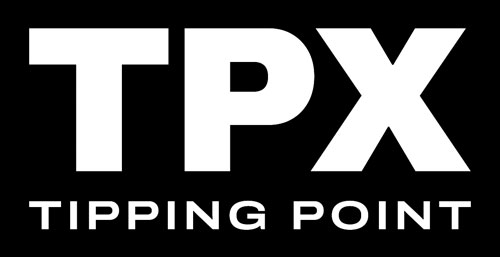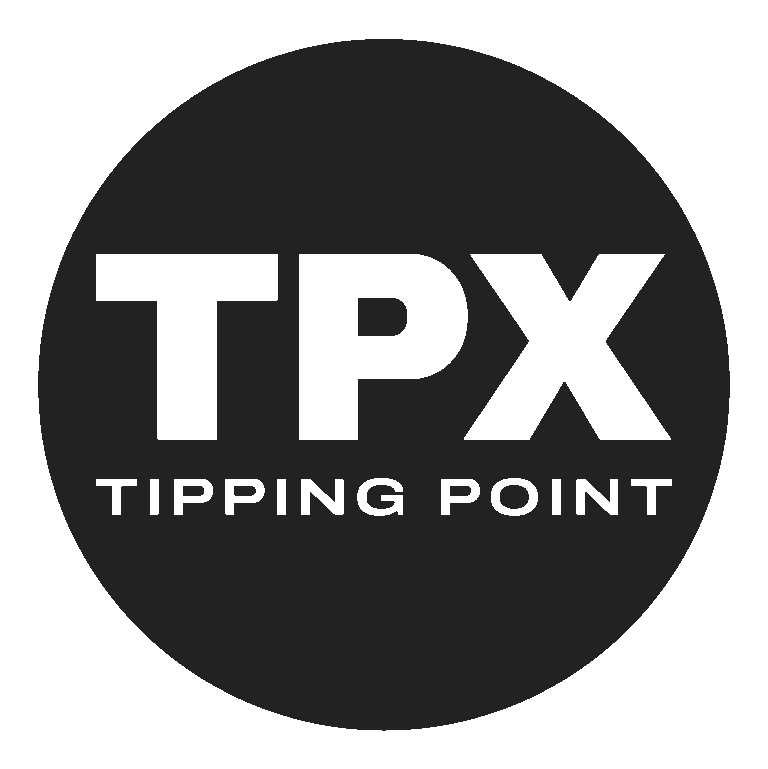In today’s hyper-connected world, crises can escalate rapidly, leaving organizations vulnerable to intense scrutiny and damage to their reputation. This reality is particularly evident in healthcare and educational institutions, where the stakes are exceptionally high. With the amplifying effect of social media, the need for comprehensive crisis planning has never been more critical.
Healthcare and educational institutions are entrusted with the well-being and safety of individuals, making them inherently susceptible to public scrutiny and backlash during times of crisis. Whether it’s a medical error in a hospital or a scandal in a school, these organizations face immense pressure to respond promptly and effectively to maintain public trust and confidence.
Social media has transformed the landscape of crisis communication, presenting both opportunities and challenges. On one hand, it offers a powerful platform for disseminating information rapidly to a wide audience. On the other hand, it can also fuel misinformation, rumors, and sensationalism, exacerbating the crisis and amplifying its impact.
Why is Crisis Planning Critical?
Here’s why crisis planning is absolutely critical, especially in healthcare and educational institutions, in the age of social media:
Speed and Accuracy: In a crisis, every second counts. Having a well-defined crisis plan enables organizations to respond swiftly with accurate information. Social media moves at lightning speed, and misinformation can spread like wildfire. By having established protocols and communication channels in place, institutions can mitigate the spread of false information and maintain control over the narrative.
Reputation Management: Reputation is everything in healthcare and education. A crisis, if not managed effectively, can tarnish an institution’s reputation irreparably. Crisis planning involves identifying potential risks and developing strategies to protect and preserve the organization’s reputation in the face of adversity. This includes monitoring social media channels, addressing concerns promptly, and transparently communicating with stakeholders.
Stakeholder Engagement: During a crisis, stakeholders such as patients, students, parents, staff, and the community at large seek reassurance and guidance from the institution. Effective crisis planning ensures that communication channels are open and accessible, allowing for timely updates and engagement with stakeholders. Social media provides a direct line of communication with these audiences, enabling institutions to address concerns, provide accurate information, and demonstrate transparency.
Legal and Regulatory Compliance: Healthcare and educational institutions are subject to stringent legal and regulatory requirements. Failure to comply with these obligations during a crisis can have serious consequences, including legal liabilities and financial penalties. Crisis planning involves understanding and adhering to relevant laws and regulations, ensuring that the institution remains compliant while navigating the crisis.
Learning and Improvement: Every crisis presents an opportunity for learning and improvement. By conducting thorough post-crisis evaluations, institutions can identify strengths, weaknesses, and areas for improvement in their crisis response strategies. Social media provides valuable feedback from stakeholders, allowing institutions to gain insights into their performance and make necessary adjustments for future crises.
In Conclusion
By failing to prepare, you are preparing to fail.
Crisis planning is not just a luxury; it’s a necessity for healthcare and educational institutions, especially in the age of social media. By proactively identifying risks, developing robust response strategies, and leveraging social media effectively, these organizations can navigate crises with confidence, safeguard their reputation, and maintain public trust.
As the saying goes, “By failing to prepare, you are preparing to fail.” In today’s interconnected world, this adage rings truer than ever before.




